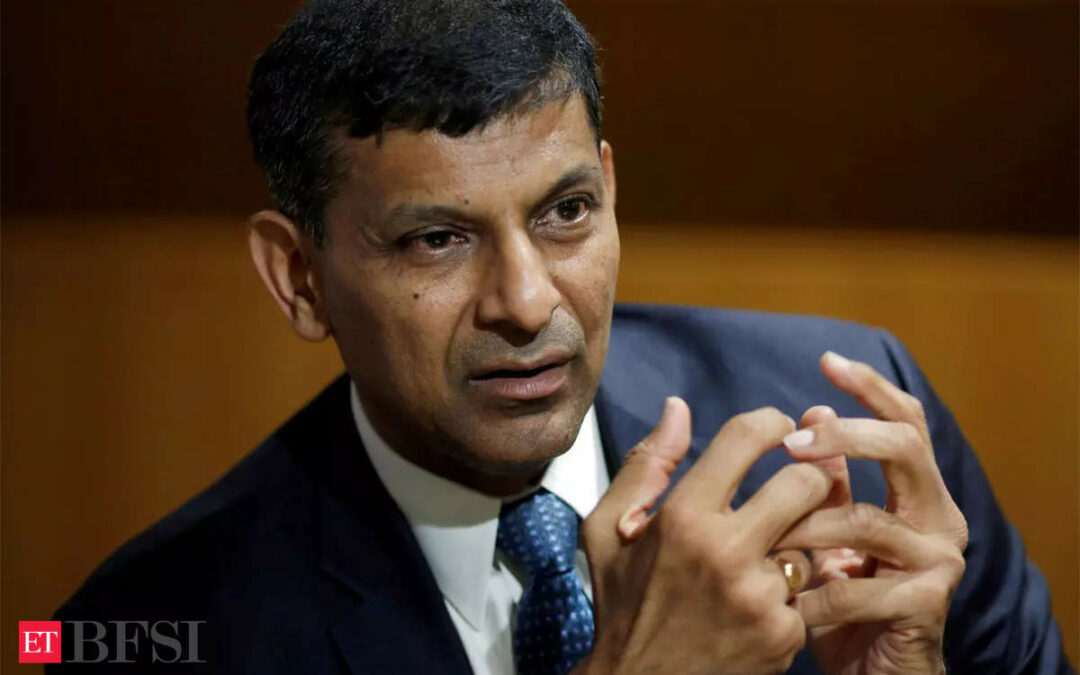Former RBI Governor Raghuram G Ranjan highlighted the pressing need for job creation as a pivotal challenge in India’s economic landscape. Emphasizing the enhancement of human capital through skill development, Rajan, co-author of the book ‘Breaking the mould: Reimagining India’s economic future’ alongside Rohit Lamba, underscored the significance of fortifying India’s workforce of 1.4 billion individuals.
Rajan stressed the imperative of job creation across all levels of development, articulating that an augmented private sector job market could alleviate pressure on reservations. He cautioned against the trend of states reserving jobs for their residents, attributing it to the shortfall in job provision.
“If we had many more private sector jobs showing up, would there be so much pressure on reservations? Perhaps there’ll be less so to some extent,” Rajan lamented, highlighting the necessity for jobs to be available universally, transcending state boundaries.
Advocating for the enhancement of human capital, Rajan proposed the acceleration of vocational training and education to swiftly generate employment within the next six months to a year. He particularly highlighted the deficiency in staffing within local governments, emphasizing the need to augment their functionality.
Improving the quality of the workforce, according to Rajan, would attract entrepreneurs to India, mitigating the prevalent challenge of inadequate skilled labor faced by businesses. He emphasized that investing in skill development could transform average jobs into lucrative opportunities, fostering sustainable economic growth.
Furthermore, Rajan stressed the urgency for governance reforms, focusing on decentralization and bolstering democratic institutions to ensure effective administration and inclusive growth. Highlighting the need for a stronger democracy, he underscored the importance of inclusive economic growth that uplifts all segments of society.
The book ‘Breaking the mould: Reimagining India’s economic future’ also scrutinized issues concerning data collection. It pointed out the absence of recent consumption data and highlighted discrepancies in employment data, stressing the importance of accurate information for informed policy-making.
The authors cautioned against prioritizing low-skilled manufacturing, citing that India had missed the manufacturing wave that China once dominated. They advocated for a distinct path that capitalizes on India’s strengths, fostering an economy rooted in innovation, inquiry, and inclusivity.
In essence, the book posited that India stands at a crucial juncture where leveraging inherent strengths and nurturing human capital are imperative for sustainable economic growth and prosperity.
(With inputs from PTI)










